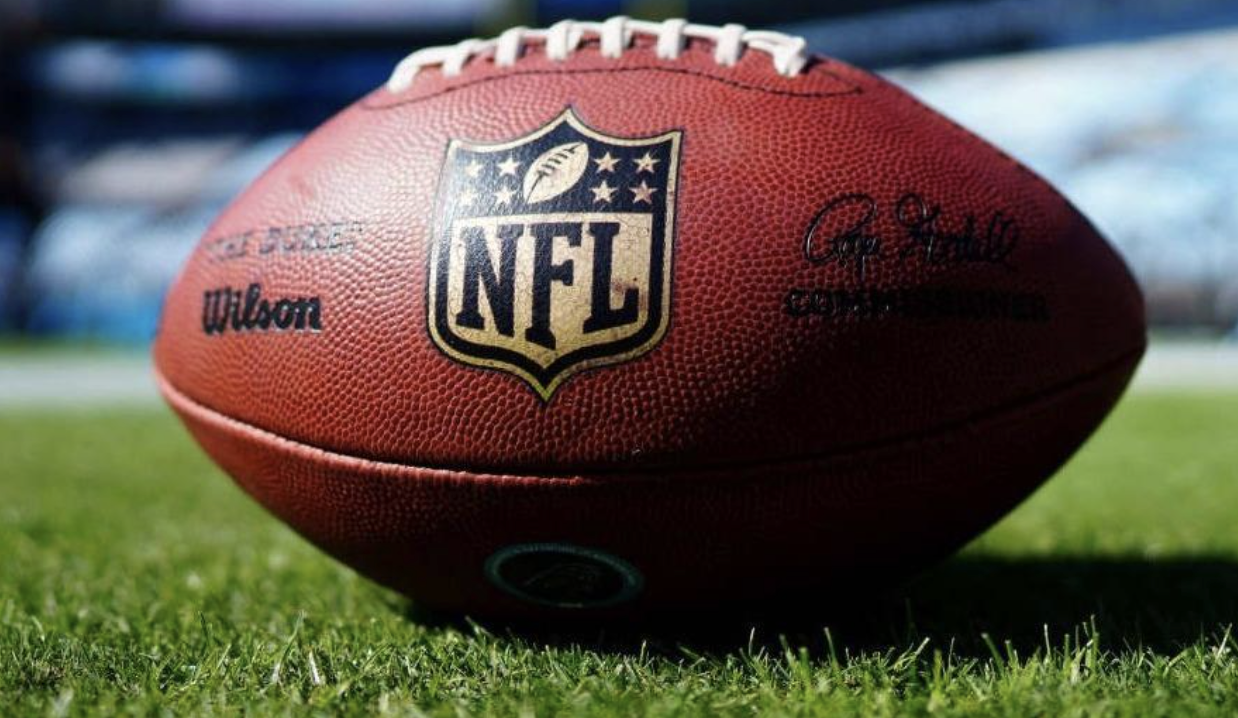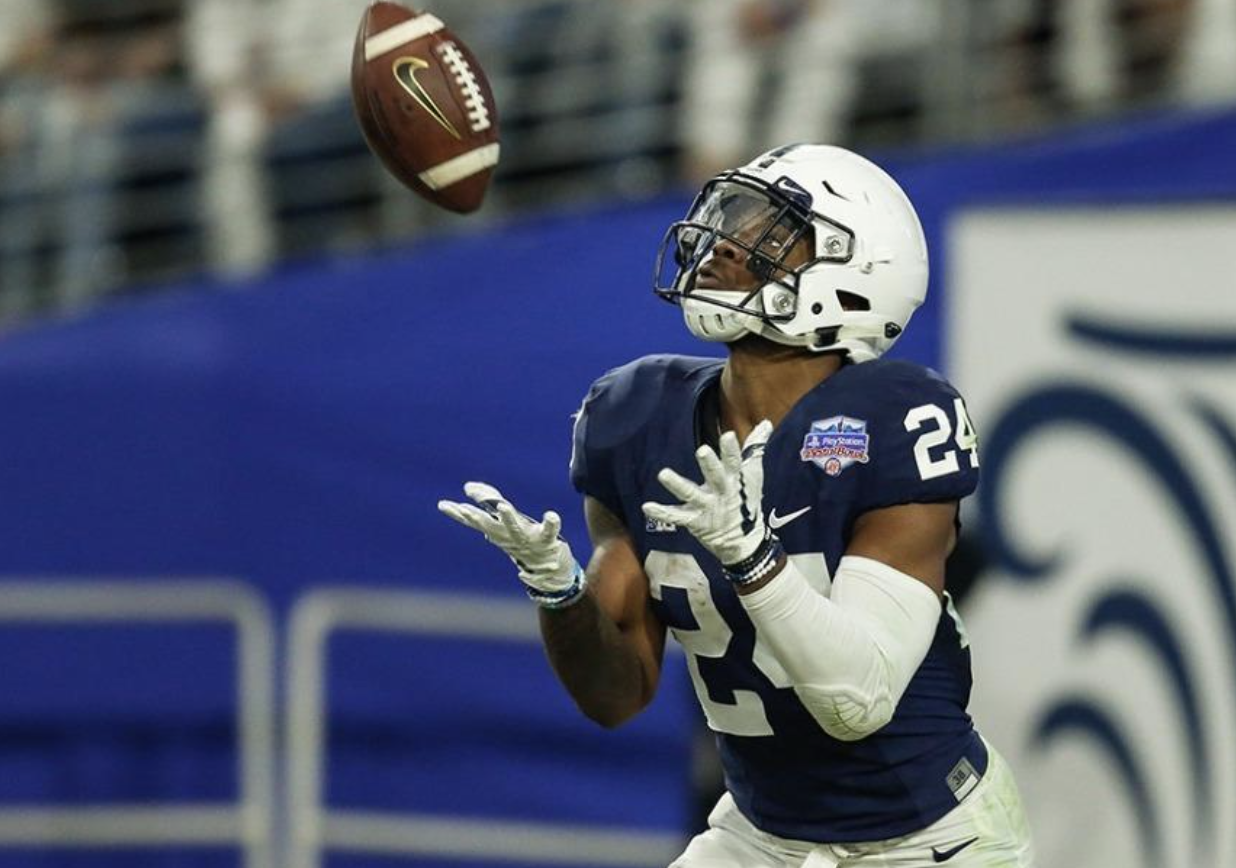The NFL 2023 Season is well underway with some new rules, changes, and altered stipulations to enhance the experience for everyone involved. Let’s have a brief look at all NFL rule changes and policy changes for the season that will tweak what the fans see on the field.
Every year, the league’s competition committee discusses proposed rules and changes to approve or discard them. This time, there are some interesting inclusions such as the return of the “No, 0” jersey, the revival of a limited “third QB” rule, the expansion of late-season flexible scheduling, the NFL’s attempt to reduce concussions at kickoff, and more.
The rule changes and policy moderation has been designed to keep the game fair. The NFL odds and betting lines shouldn’t be impacted, as in theory, teams with better rosters won’t benefit from the changes, they are purely there to make the game safer and to improve the quality of the league.
Return of the Third-Quarterback Rule
The NFL has brought back the rule that allows teams to carry an active third quarterback on game day without having to count him against the NFL-imposed roster limit. However, some new stipulations will limit the use of this card.
According to the updated rule, the third QB must be a part of a team’s 53-man roster and he can’t be promoted from the practice squad via a standard elevation for that role. The third quarterback can enter the game only if the top two are injured and he must be removed if either of them is cleared to play by medical officials.
The referee will keep track of whether the third quarterback is eligible to play. This rule will save teams if their preferred quarterbacks are injured at critical moments as they can call the third QB for rescue. The twist will also prevent teams from manipulating the stipulation to their advantage.
Instant Replay Reversal Rule
With this new rule in play, when an instant replay decision results in a reversal under 2:00, the play clock will be reset to:40 instead of:25. However, this won’t be in effect if another rule requires otherwise.
For instance, when there is also a :10 runoff, the play clock will be set to :30.
Additionally, inside the two-minute window, reversing from a ruling with a stopped clock to one with a running clock requires either a :10-second runoff or a charged team timeout.
Fair Catches on Kickoff Rule Change
With the rule adjustment, the ball will be placed at the 25-yard line if a kickoff is fairly caught anywhere inside the 25-yard line. The NFL is attempting to reduce the amount of head injuries sustained on kickoffs by at least 15% with this rule.
The rule adjustment incentivizes kick returners to call for a fair catch rather than bring back the ball in certain situations. It could make the “pop-up” kicks irrelevant that coaches have employed increasingly to hand opponents poor field position.
Automatic Review for Failed Fourth Downs
From this season, all failed fourth-down conversions will be an automatic booth review, much like other turnover situations. Head coaches can’t challenge a failed fourth-down conversion with the implementation of this change.
However, successful fourth-down conversions still require a coach to challenge unless they occur inside the two-minute warning or during overtime.
The league won’t have any issue with this approach as it has managed to decrease official review by 28% over the past two seasons, and hence, reduced the average time of games.
Change in Use of Helmet Rule
With the change in the “Use of Helmet” rule, first implemented in 2018, a player must not use any part of his helmet or face mask to butt or make forcible contact with an opponent’s head or neck area.
Originally, this rule included the following stipulations:
- Lowering the head to prevent contact with bracing
- Initiating contact with the helmet to any part of an opponent’s body.
This rule has been pretty complicated to officiate ever since its inception. The new change is the league’s attempt to prevent concussions and severe injuries.
Tripping is a Personal Foul Rule
From this season onwards, tripping (the use of the leg or foot to obstruct any opponent) is a personal foul. It’s now a 15-yard penalty and is subject to additional discipline whether it’s called or not called on the field by officials.
This change has been included due to the recent increase in subtle tripping techniques and problems in identifying them via real-time officiating.
In addition to this, there will be no reviews of roughing the passer. Previously, the penalty was reviewable in replay due to a series of questionable flags.
Use of Jersey No. 0 is Permitted
NFL will allow “Zero” as a jersey option for all positions except offensive and defensive linemen in an attempt to ensure there are enough eligible numbers for all teams. Several prominent names including Calvin Ridley, Roquan Smith, and Adrian Amos have already claimed it.
Final Take
These are all the significant rule changes that the NFL has implemented moving into the 2023 season. Most of them are focused on reducing the probability of injuries and reducing the average time required for a game to ensure a fair game of play.
The NFL is also bringing in flex options in Week 12-17 (for Monday Night Football on ESPN/ABC) and Week 13-17 (for Thursday Night Football on Amazon Prime). This means the league can replace bad late-season matchups with more attractive games.
However, this might turn out to be a logistical disaster for fans. Although the NFL will give teams at least 12 days’ notice for Monday night flex changes and 28 days’ notice for Thursday games. There will also be a game on Friday (on Black Friday) between The Dolphins and The Jets.
How do you think these changes affect the overall NFL environment and the fans? Shoot your thoughts below.


